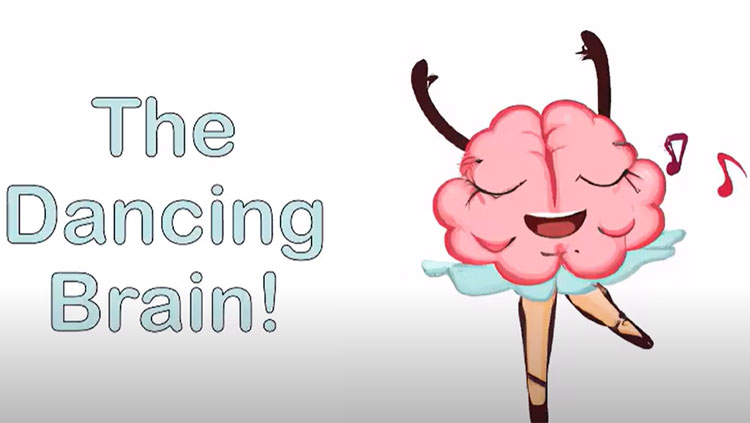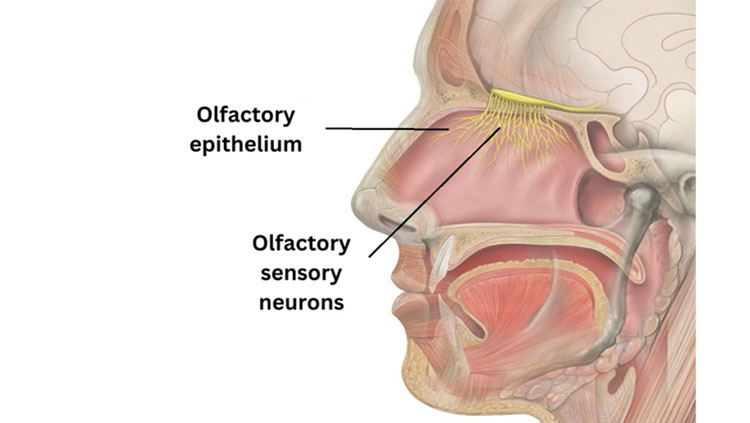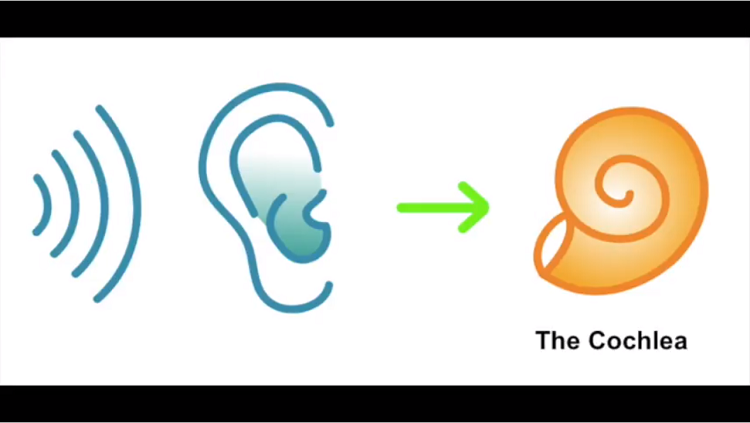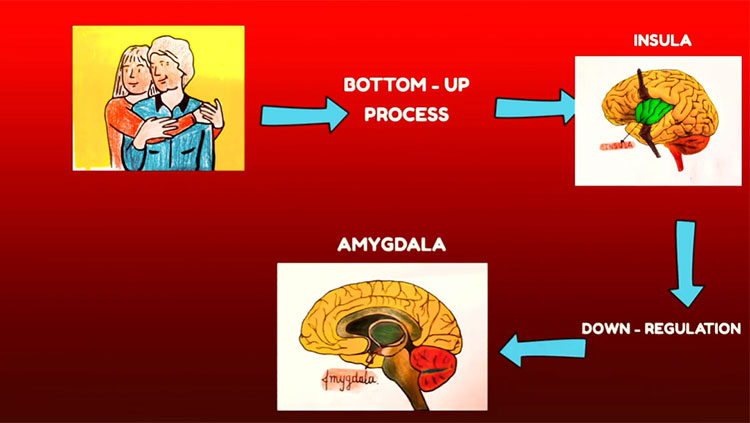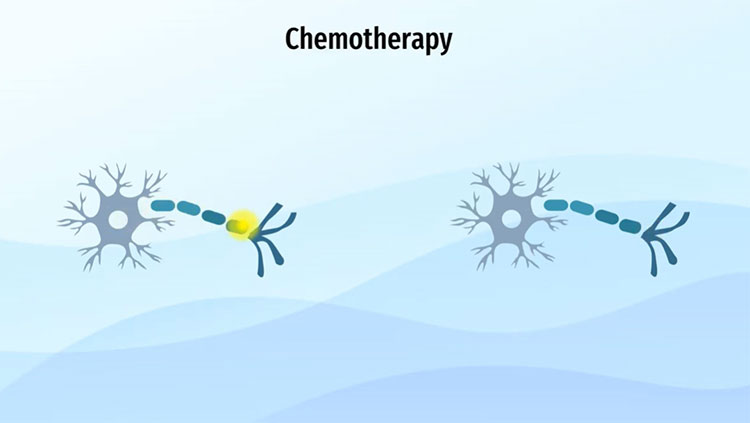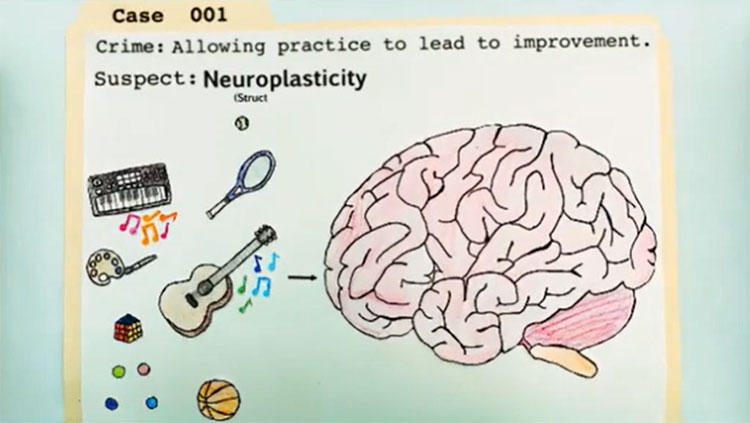Filter
-
(1)
-
(1)
-
-
(1)
-
(8)
-
(15)
-
(3)
-
(1)
-
(2)
-
(1)
-
(3)
-
(1)
-
(1)
-
(2)
-
(2)
-
(1)
-
(1)
-
(2)
-
(1)
-
(1)
-
(1)
-
-
(1)
-
(1)
-
-
(1)
-
(8)
-
(3)
-
(4)
-
(3)
-
(1)
-
-
(93)
-
(39)
-
(18)
-
(33)
-
(4)
-
(15)
-
-
(2)
-
(2)
-
-
(1)
-
(1)
-
-
(10)
-
(1)
-
(8)
-
(3)
-
-
(3)
-
(1)
-
(1)
-
(1)
-
-
(1)
-
(4)
-
(10)
-
(1)
-
(1)
-
(7)
-
(1)
-
-
(49)
-
(7)
-
(2)
-
(2)
-
(5)
-
(2)
-
(7)
-
(7)
-
(11)
-
(9)
-
-
(6)
-
(14)
-
(1)
-
(9)
-
(1)
-
(3)
-
(2)
-
-
(1)
-
(1)
-
(7)
-
(6)
-
(2)
-
(1)
-
(1)
-
-
(1)
-
(1)
-
-
(1)
-
(25)
-
(3)
-
(1)
-
(17)
-
-
(3)
-
(2)
-
(1)
-
-
(6)
-
(1)
-
(5)
-
(4)
-
-
(6)
-
(1)
-
(2)
-
(2)
-
(2)
-
-
(4)
-
(4)
-
-
(1)
-
(2)
-
(2)
-
(1)
-
(1)
-
-
(3)
-
(1)
-
(1)
-
(1)
-
-
(5)
-
(1)
-
(4)
-
-
(32)
-
(7)
-
(2)
-
(7)
-
(10)
-
-
(1)
-
(1)
-
(1)
-
-
(5)
-
(8)
-
(6)
-
(3)
-
-
(1)
-
(1)
-
-
(2)
-
(2)
-
-
(3)
-
(1)
-
(3)
-
-
(7)
-
(4)
-
(3)
-
(2)
-
(5)
-
(1)
-
-
(2)
-
(1)
-
(1)
-
-
(27)
-
(9)
-
(7)
-
(3)
-
(1)
-
(12)
-
-
(153)
-
(1)
-
(10)
-
(4)
-
(24)
-
(28)
-
(12)
-
(10)
-
(24)
-
(2)
-
(20)
-
(6)
-
(15)
-
(8)
-
(7)
-
(64)
-
(9)
-
(28)
-
-
(13)
-
(1)
-
(3)
-
(1)
-
(4)
-
(1)
-
(4)
-
(1)
-
-
(6)
-
(6)
-
-
(5)
-
(2)
-
(203)
-
(167)
-
(11)
-
(6)
-
(4)
-
(1)
-
(18)
-
(6)
-
(21)
-
(5)
-
(173)
41 - 50 of 219 results
-
Complex networks of brain structures make sense of all the information from our senses to create and store memories that can last a lifetime.
-
When you dance, your brain is behind your moves: your ears that hear, your foot that taps. It’s a synchrony of different brain parts working together to coordinate your rhythm and beat.
-
Ever wonder why a certain smell strikes a chord of nostalgia? Research suggests it has to do with the unique way our sense of smell is processed in the brain.
-
Deep brain stimulation, or DBS, takes advantage of electricity to treat brain disorders like Parkinson’s disease.
-
Theory of mind is our capacity to infer and understand others' actions.
-
Even moderate levels of noise can lead to significant hearing impairments.
-
Touch can have a calming effect on the brain, thanks to its regulating effect on the amygdala.
-
Conspiracy theories take advantage of our pattern-seeking brains by grabbing attention, triggering strong emotions, and giving meaning to random events. Researchers think dopamine could be to blame when people forgo the facts for fiction.
-
Chemotherapy can kill cancer cells. But it can also change your brain, too.
-
Find out how your everyday efforts help change your brain through neurogenesis, synaptic plasticity, and myelin plasticity.



